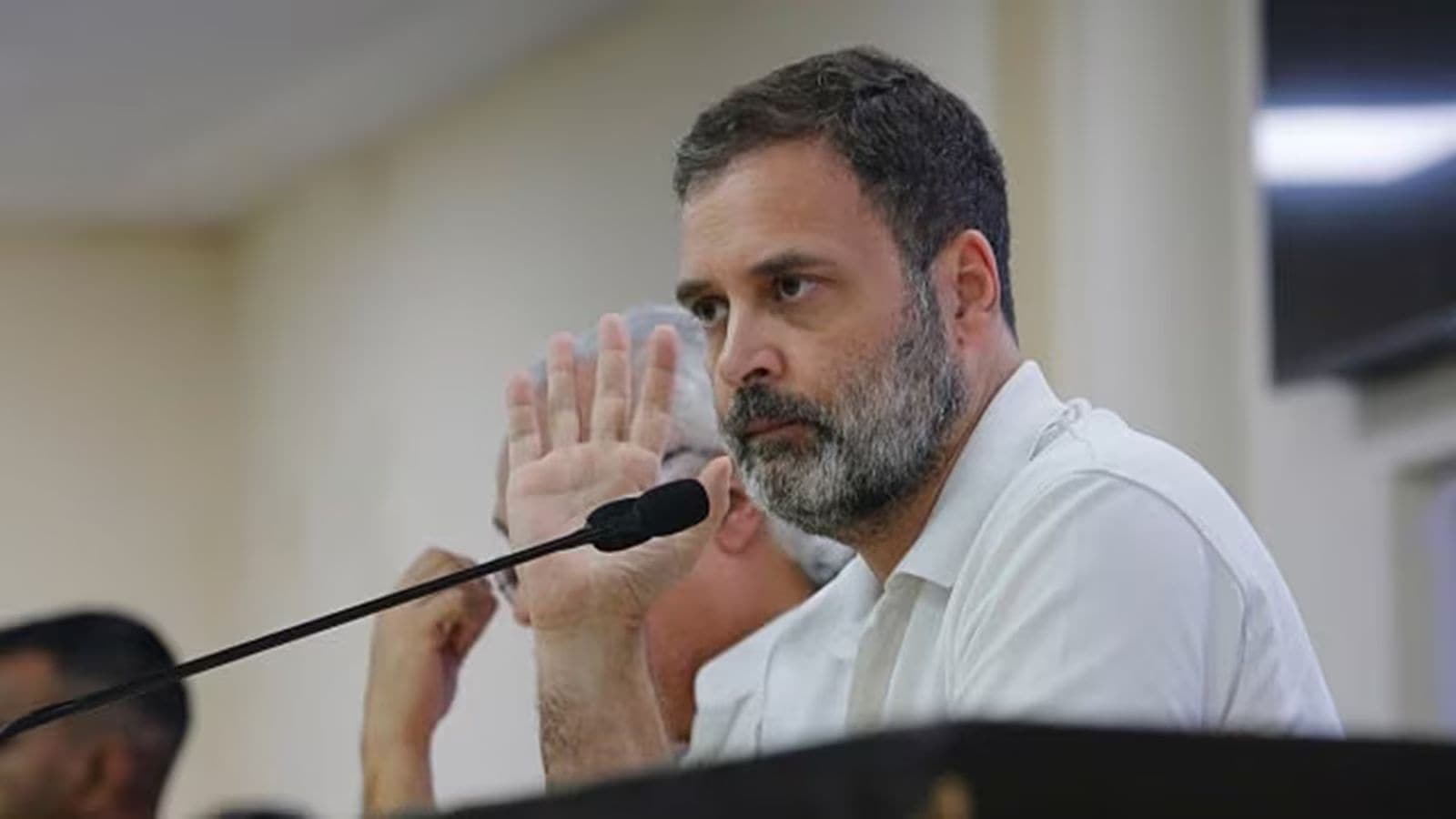 |
|
The Supreme Court of India has intervened in a defamation case against Rahul Gandhi, the leader of the opposition, stemming from alleged remarks he made concerning Union Home Minister Amit Shah and BJP workers. The court's decision to grant an interim stay on the criminal proceedings signifies a significant development in this ongoing legal battle. The case originated from a complaint filed in 2019 by BJP leader Navin Jha, who alleged that during an AICC Plenary Session in March 2018, Gandhi referred to Shah, then BJP president, as a 'murder accused'. This accusation formed the basis of the defamation complaint. The initial dismissal of the complaint by a magisterial court was overturned by a Judicial Commissioner in Ranchi, leading to a renewed consideration of the case and ultimately, a finding of a prima facie case under Section 500 (defamation) of the Indian Penal Code (IPC).
Gandhi subsequently challenged the legality of the Judicial Commissioner's order and the subsequent magistrate court ruling in the Jharkhand High Court. However, the High Court rejected his plea, deeming his statement prima facie defamatory. The High Court's judgment emphasized the interpretation of Gandhi's speech, suggesting that it implied the BJP leadership was composed of liars and that the party's workers would accept a murder-accused individual as their president. This interpretation, according to the High Court, constituted a defamatory imputation. The court's reasoning highlighted the perceived negative portrayal of the BJP leadership and the implication of their acceptance of a person accused of murder as president.
Gandhi's appeal to the Supreme Court challenges the Jharkhand High Court's decision, arguing that defamation complaints cannot be filed by proxy, and only the directly aggrieved party should have standing. This legal argument, supported by the submissions of his senior advocate, A M Singhvi, forms a central component of the ongoing legal proceedings. The Supreme Court, having issued notices to the Jharkhand Government and the complainant, Navin Jha, will now consider the merits of Gandhi's appeal. The outcome of this Supreme Court hearing will determine the future of the defamation case and could potentially set a precedent regarding the parameters of defamation cases and the standing of complainants.
The implications of this case extend beyond the immediate parties involved. It highlights the ongoing tension between political figures and the legal repercussions of public statements. The case also touches upon the complexities of interpreting political speech and determining whether such speech constitutes defamation. The Supreme Court's decision will not only impact this specific case but may also influence future legal interpretations of defamation within the Indian context. The careful consideration of the Supreme Court regarding the procedural aspects of the case, including the issue of proxy complainants, will be closely watched by legal experts and political observers alike. The potential ramifications for freedom of speech and political discourse within India will be significant.
Furthermore, the case underlines the crucial role of the judiciary in balancing the rights of individuals to express themselves freely with the need to protect individuals and institutions from unwarranted attacks that may damage their reputation. This delicate balancing act, inherent in defamation law, is at the heart of the legal arguments presented before the Supreme Court. The court's eventual decision will shape the landscape of defamation cases in India and inform future interpretations of relevant legislation. The detailed examination of the evidence and the judicial processes involved in the lower courts, all culminating in the Supreme Court's review, will serve as a case study for legal scholars and practitioners. The decision is anticipated to have far-reaching consequences for the political landscape and the legal framework governing political speech.
